And there I was, an American girl taking my first steps out of the Tangier Ibn Battouta International Airport and into Africa. Around me, I saw crowds of people I assumed were awaiting loved ones returning home. Unlike me, they weren’t beginning a four-month journey 3,000 miles from home.
I walked through the crowd, wondering what thoughts were stirring behind people’s curious eyes. As I followed the UNE campus manager, Mourad, across the street to the buses, my worry about what was in store for me was mixed with a sense of accomplishment. I had made it. I was in Tangier.
The buses bringing us to campus rolled up in minutes, so I didn’t have time to think for long. I boarded the first bus, sitting with a sigh of relief because I love nothing more than sitting–except laying down, of course. Then, all of a sudden, there she was, the Campus Coordinator I had heard so much about. Sitting in the front with the driver, Douaa greeted us with a warm smile and bottles of water. She asked how we were feeling and if we were excited. An exhausted “yes” slipped past everyone’s lips, as a result of the previous day’s travels. I didn’t yet know, of course, much about Douaa, but I was soon to find out. She is kind. She cares for all people. She is ambitious. She lets nothing stop her. She is Douaa Imran.
Over the course of the coming weeks, I learned that Douaa, much like a history book, comes from a mixed background all the way back to her Jewish grandfather and Muslim grandmother. For the sake of love, her grandfather converted to Islam so they could be together.
She also has ties to Spain, where her Muslim ancestors fled from the Inquisition and the decrees of King Ferdinand and Queen Isabella five hundred years ago. Before they left their village near Barcelona, they made sure to take the key to their home with them. The key was passed down to Douaa, and she will one day pass it down to her own kids.
I also learned about her incredible strength as a woman. “I grew up in a massive family,” she said, “where my father believed he had the most power.” Being strong-headed like the other women in her family, Douaa did not appreciate her father always telling her what to do, although she admitted that “he was usually right.” Despite this, she had to be her own person.
From her birth, she was a mixture of cultures, and throughout her life, she’s obviously continued to add more. You cannot pin one culture on this Darija-Arabic-French-Spanish-and- English-speaker because who she is, and all of her life experiences, have made her a beautiful mosaic of cultures.
This outlook on life and love for her country brought her to the University of New England Tangier campus, and thus brought her to me.
After that first bus ride, I encountered Douaa many more times, but I never felt like I was getting to know her. What makes this incredible woman tick? Then one day, I was in her office asking her opinion about the trips we go on. Her reply, which made perfect sense, was that for her the trips were becoming routine because she’s been going on them twice a year every year since 2015. I then asked if there was an excursion, in particular, she looks forward to. She said that what keeps the trips fresh are the people she encounters. Out of all of the trips, the “absolute highlight,” she continued, is going to Marrakech to see a Berber woman at her home in the Atlas Mountains. “That woman’s smile makes me feel like everything is okay in the world. She is a symbol of her village, she is strong, she prays for everyone, and she exhibits amazing modesty.”
Along with the local people she comes across on our trips, Douaa finds happiness in us–her students. “I also look forward to the reactions on your faces when you see things for the first time. Along with the Berber woman, that’s the best part of the trips.” It was that statement that opened up a whole new dimension to me of this woman in her fashionable outfits and her title as Campus Coordinator.
From then on, I found myself talking to Douaa more and more, and as she continued to reveal pieces of her life, I also got to see her caring side–the side of her that tries to make sure she does her best for us because we are her top priority.
I vividly remember being in Tetouan, walking in the back of the group as we had just passed a small cluster of street vendors. Suddenly, I felt a hand on my shoulder, and I froze. Which of those men had his hand on me and what did he want? Turning my head in fear, I saw Douaa staring at me and laughing because she could see the distress on my face.
She looked at me and said, “I gave that man some coins to get rid of him because he was following you.” That was the first moment I realized that Douaa was, and will be for the next four months, my Moroccan mother.
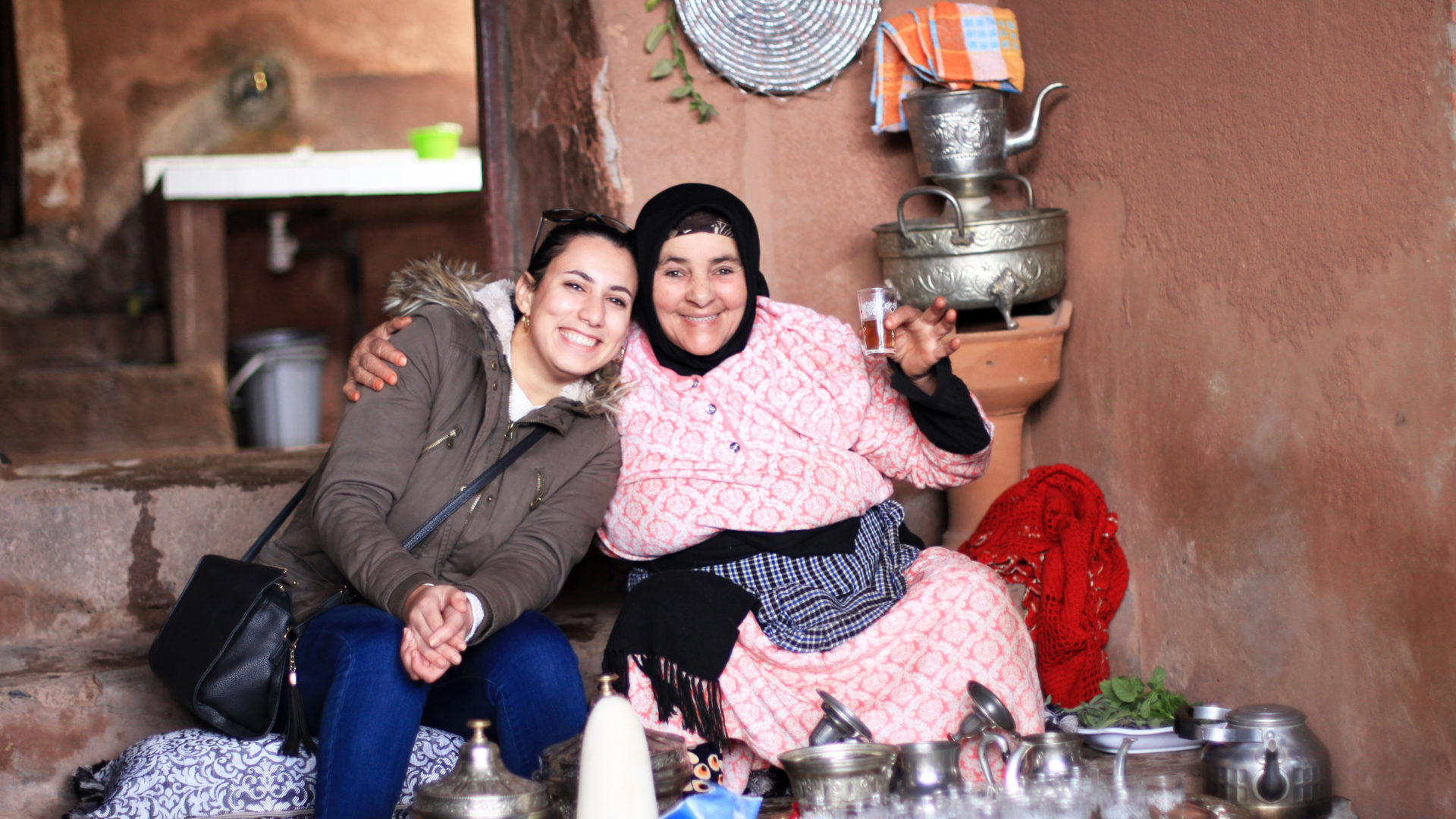
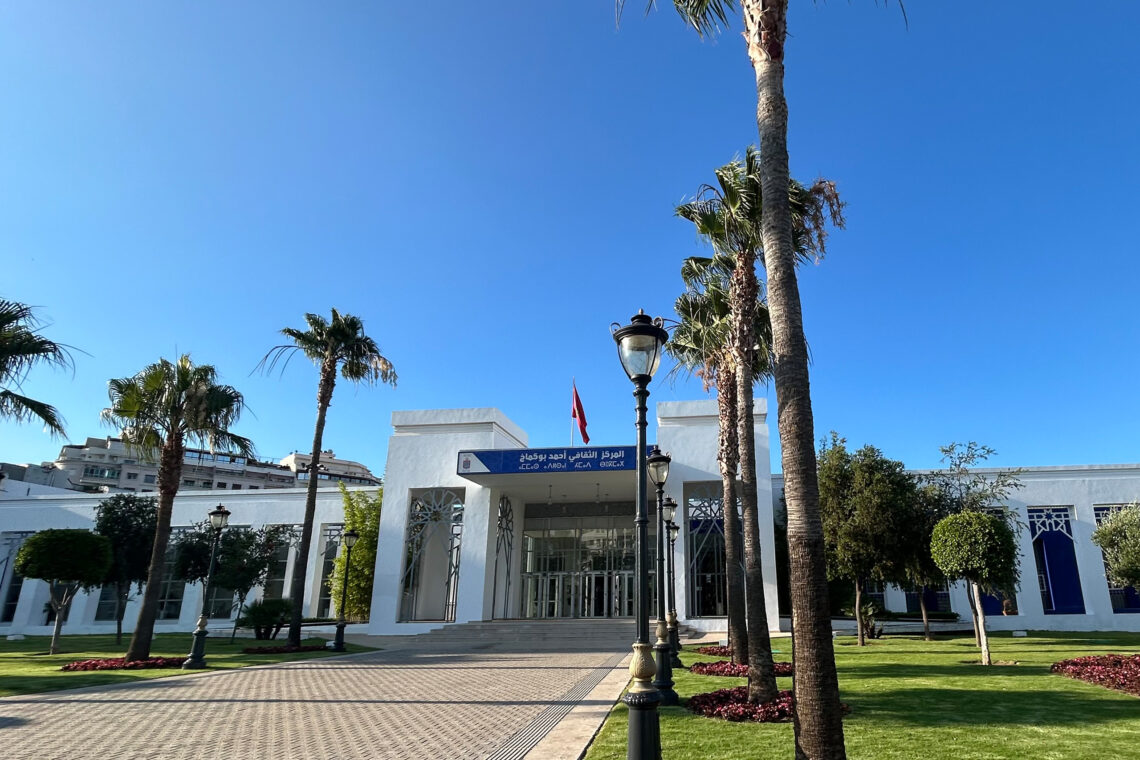
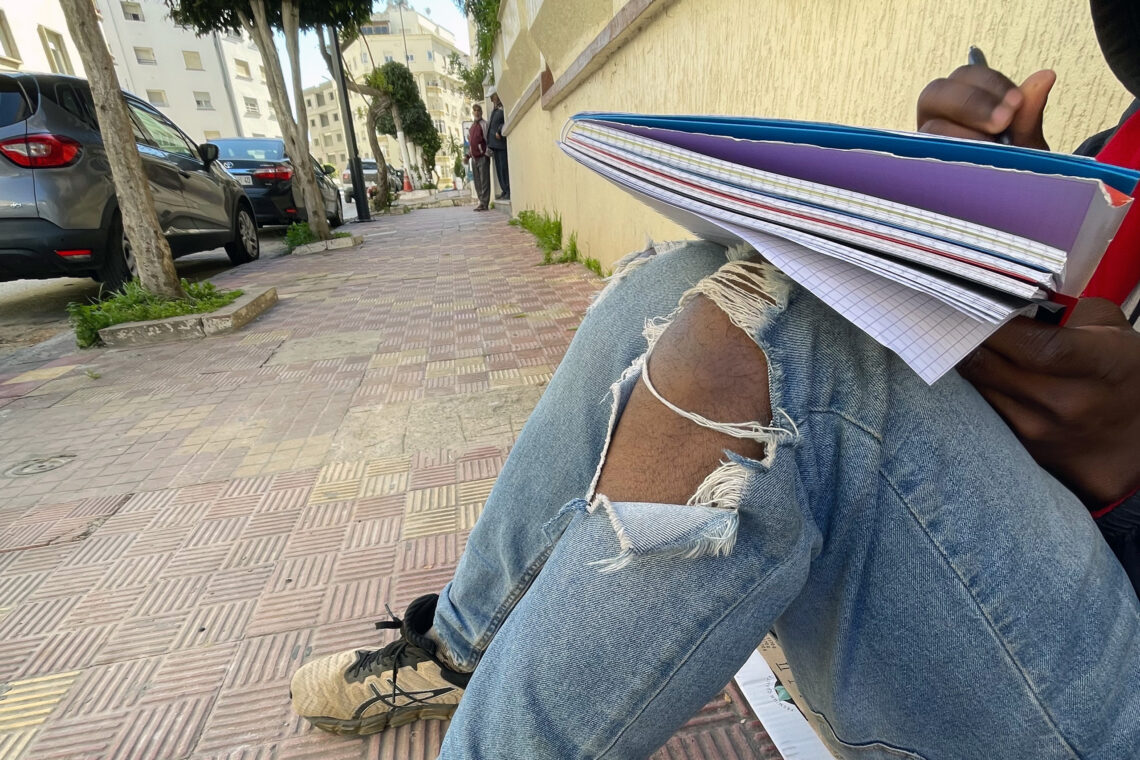
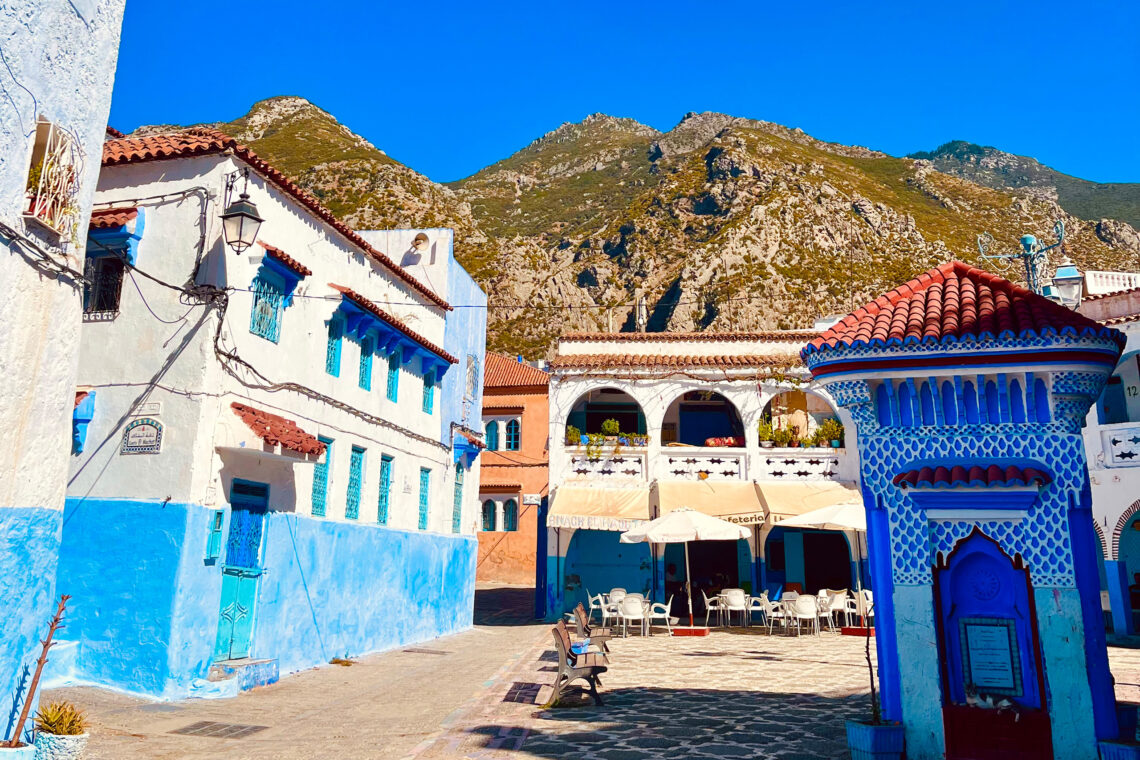
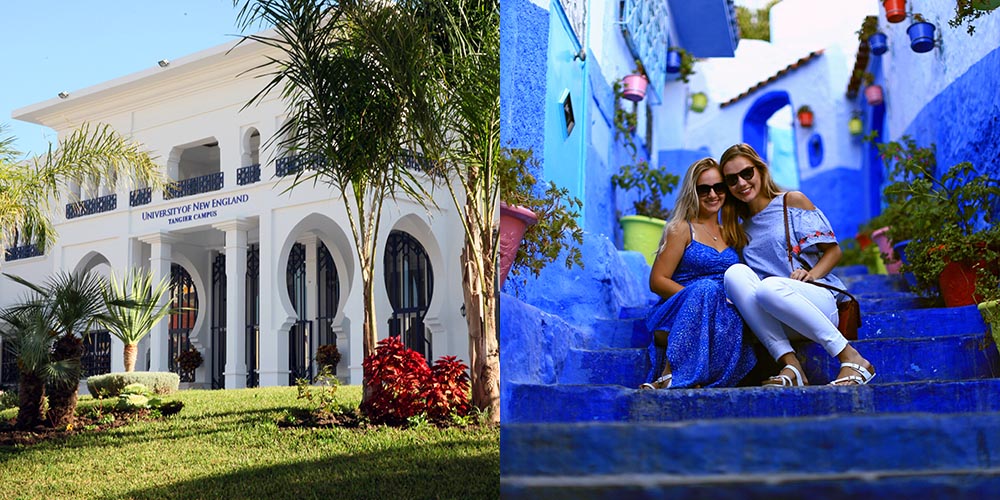

Comments are moderated by the editor and may not appear on this discussion until they have been reviewed and deemed appropriate for posting. All information collected is handled in a manner consistent with our privacy policy.